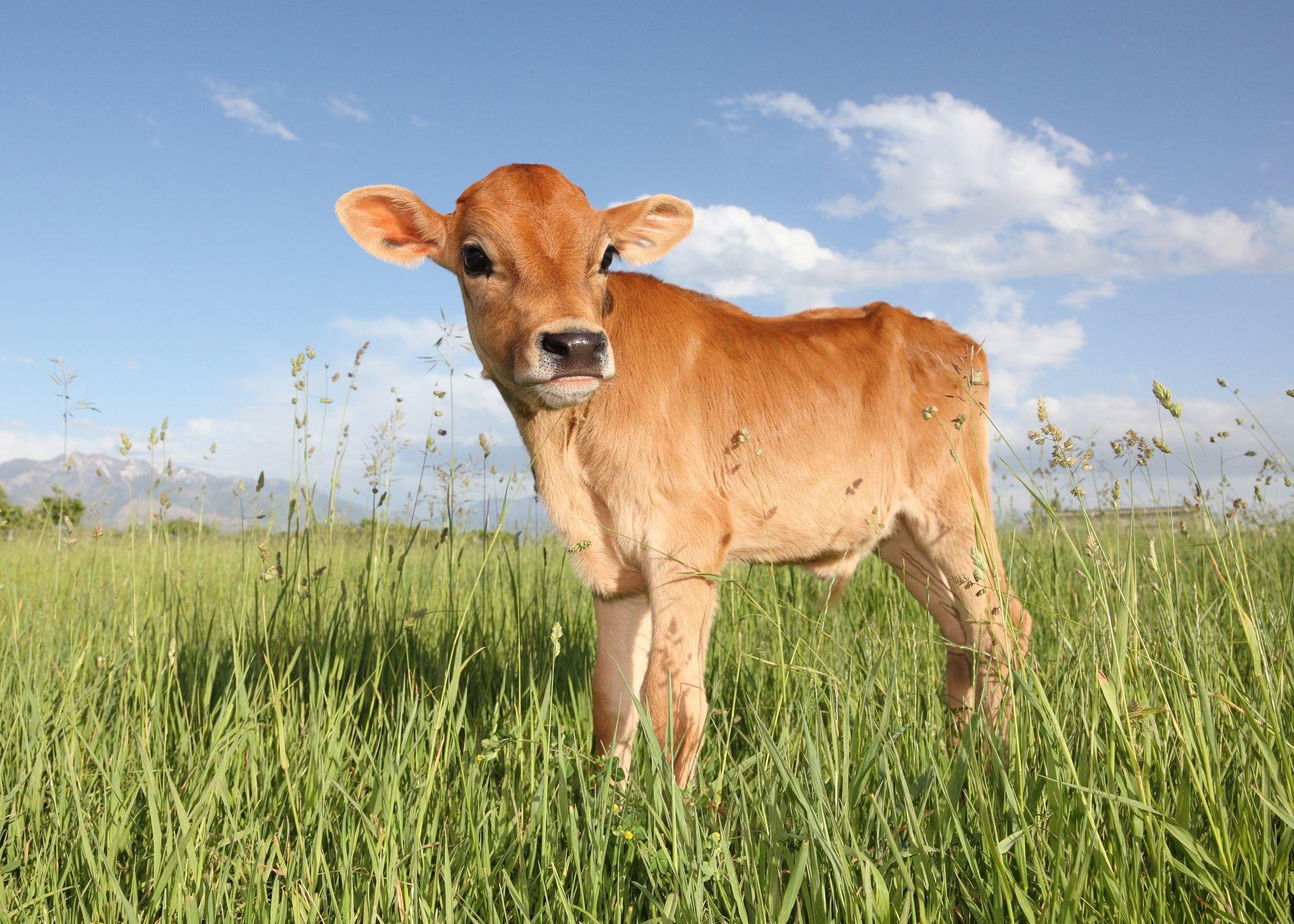What Are the Environmental Benefits of a Plant-Based Diet?
Dec 11, 2024Discover the environmental benefits of a plant-based diet, including reduced greenhouse gas emissions, energy consumption, and water usage. Learn how plant-based foods help protect land and rainforests, reduce pollution, and conserve resources. Switching to a plant-based diet, even partially, can significantly lower your carbon footprint, conserve water, and reduce deforestation, contributing to a healthier planet.
Environmental Benefits of a Plant-Based Diet.
Switching to a plant-based diet, even partially, offers significant environmental advantages. Multiple sources highlight these benefits:
Reduced Greenhouse Gas Emissions
- Harvard T.H. Chan School of Public Health: Healthier plant-based diets were associated with lower greenhouse gas emissions compared to less healthy plant-based diets and animal-based diets. Less healthy plant-based diets, higher in refined grains and sugar-sweetened beverages, had a greater environmental impact. Red and processed meat had the highest environmental impact overall.

- The Humane League: Going vegan is identified as the single biggest way to reduce your carbon footprint, potentially shrinking it by up to 73%. Animal agriculture, from land clearing to waste production, is a major source of greenhouse gas emissions. Plant-based meat alternatives emit up to 90% fewer greenhouse gases than conventional meat.

- Soylent: Switching to plant-based foods significantly reduces greenhouse gas emissions. The production of animal products involves greenhouse gas emissions at every stage, from deforestation to animal waste. Plant-based meals directly reduce your carbon footprint.

Reduced Energy Consumption
-
UCLA Sustain: Animal-sourced foods use vastly more energy to produce than plant-based foods. Producing one pound of beef requires significantly more energy than producing plant-based protein sources like tofu or oats.
-
Soylent: Meat processing is energy-intensive. Plant-based proteins require less processing, making them more energy-efficient.
Water Conservation
-
Harvard T.H. Chan School of Public Health: Participants consuming healthy plant-based diets required less irrigation water than those consuming less healthy plant-based or animal-based diets.
-
The Humane League: Agriculture is a major water consumer, with a significant portion used for livestock feed. A vegan diet can reduce your water footprint by up to 55%.
-
Soylent: Producing soybeans for Soylent's products uses significantly less water than producing beef.
Land and Rainforest Protection
-
Harvard T.H. Chan School of Public Health: Healthy plant-based diets required less cropland than less healthy plant-based and animal-based diets.
-
The Humane League: Animal agriculture is a leading cause of deforestation, particularly in rainforests. Plant-based diets significantly reduce land use. Switching to plant-based diets could save up to 75% of global farmland.
-
Soylent: Plant-based meat alternatives use up to 99% less land than conventional meat. Soy farming is significantly more efficient in terms of protein production per acre than other protein sources.
Reduced Pollution
-
Cafe Gratitude: Livestock farming generates significant waste, polluting waterways and contributing to air pollution. Plant-based diets reduce this waste and associated pollution.
-
UCLA Sustain: Reducing animal-based food consumption lessens pollution in waterways and oceans.
Other Benefits
- NCBI: Transitioning to plant-based diets has the potential to reduce diet-related land use by 76%, diet-related greenhouse gas emissions by 49%, eutrophication by 49%, and green and blue water use by 21% and 14%, respectively.
In summary, a shift towards plant-based diets offers substantial environmental benefits across various areas, including greenhouse gas emissions, energy consumption, water usage, land use, and pollution. The extent of these benefits depends on the specific composition of the plant-based diet, with healthier, whole-food-based approaches yielding the greatest positive impact.
Jan 21, 2025
Explore the pros and cons of a plant-based diet, including health benefits, potential challenges, and tips for successful implementation. Learn about vegetarian, vegan, and flexitarian approaches.
Jan 20, 2025
Explore the latest research on plant-based diets and their powerful health benefits, including disease prevention, heart health, diabetes management, and cancer risk reduction.
Jan 16, 2025
Explore the nutritional landscape of processed fake meat, comparing them to traditional meat and whole plant foods. Learn about ingredients, health impacts, and making informed choices.